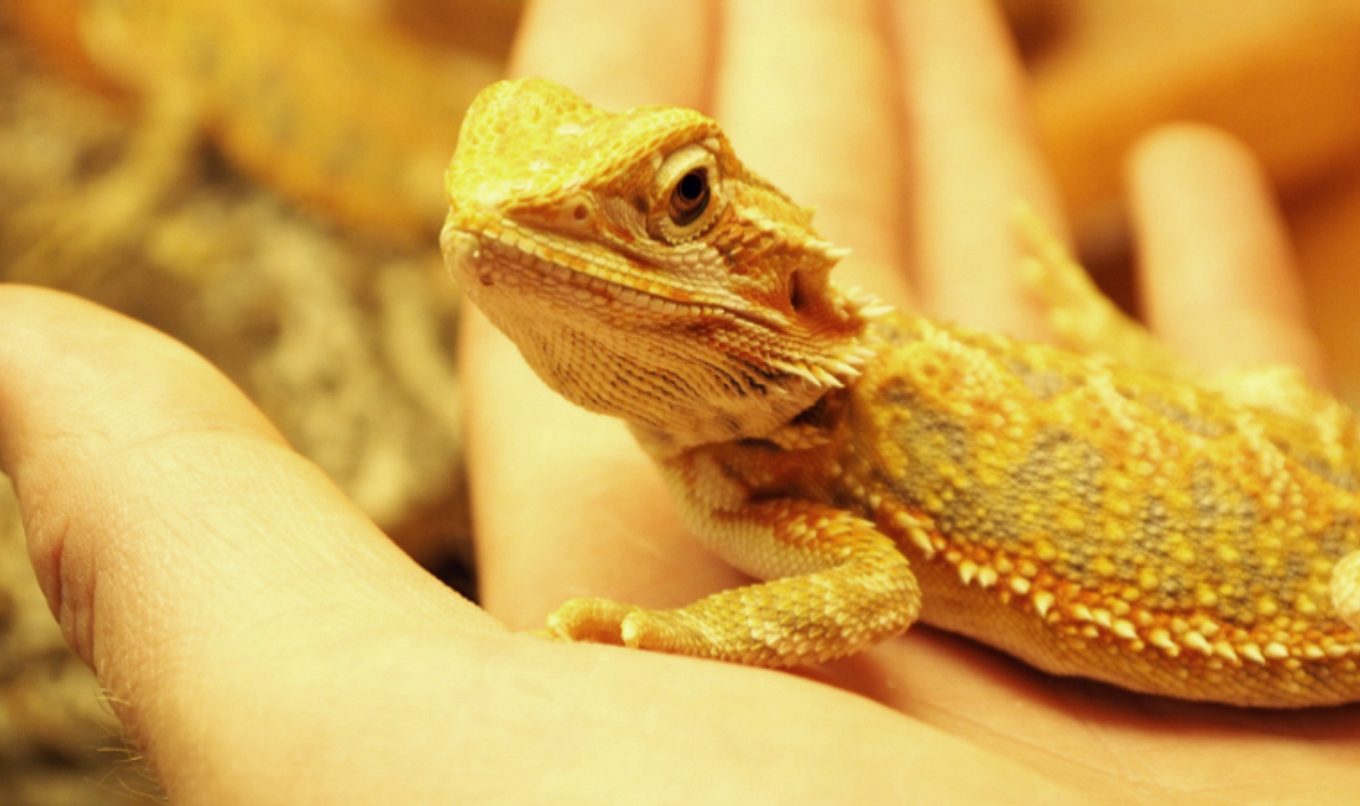New wildlife regulations for South Australia
South Australia’s new wildlife regulations are now in place and are about protecting native wildlife, while also strengthening the bond between Australia’s natives and people.

People owning native wildlife can now apply for a new permit by downloading an application form using the revamped permit website.
Department for Environment and Water (DEW) spokesperson Jason Higham said the revamped website provides people with a clearer process to apply for wildlife permits.
“The new website is customer-focused and provides clearer information for people to apply for the right permit and details the rules under that permit,” Mr Higham said.
The 2019 Wildlife Regulations mean an increase in the number of native animals exempt from requiring a permit to encourage having native animals as pets.
Mr Higham said the animals that are exempt from needing a permit have strong populations, are not of conservation concern and are easy enough to look after, such as the central bearded dragon.
“Dogs, cats and bunnies can make great pets, but natives are better for the Australian environment,” Mr Higham said.
Key changes in the 2019 Wildlife Regulations include:
- An increase in wildlife permit types from 12 to 27. The increase in the types of permits provide people with clearer expectations about keeping, selling or displaying and managing native animals.
- 40 additional native animals are now exempt from requiring a wildlife permit, bringing the number of exempt native species in South Australia to 97.
A wildlife permit is required to take protected native animals and plants from the wild as well as to keep, sell, display, hunt, rescue and farm native animals in South Australia.
The 2019 Wildlife Regulations have been developed over four years with key stakeholders including permit holders, wildlife rescue organisations, dealers in native wildlife, policy makers, scientists and legal professionals.
South Australian wildlife regulations sit under the National Parks and Wildlife Act 1972 to ensure that captive native animals are legally sourced and the keeping and trading of native fauna does not adversely impact on wild populations or ecological communities.
For more information visit the DEW website or contact DEW’s Fauna Permit Unit.

